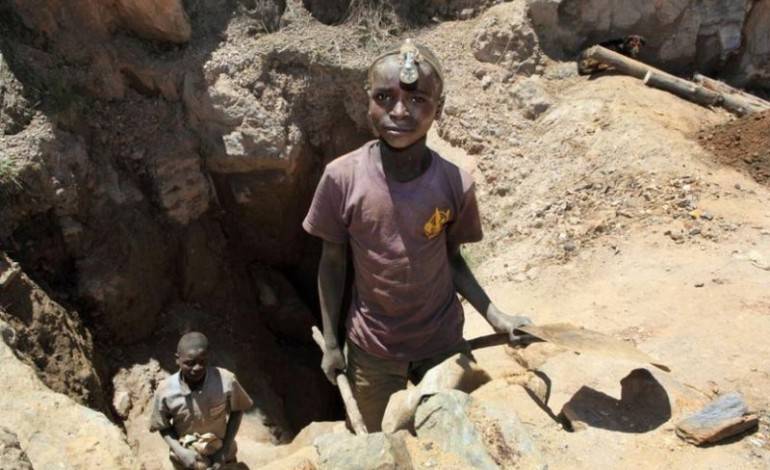What's your smartphone made of? While some would argue it is made of electronic circuits and battery, I would say its more than just that. It’s made of sweat of workers in Congo who put their lives at risk every day for mere 2 dollars.
Cobalt is a major ingredient that goes into the production of lithium-ion batteries that power gadgets like smartphones. Around 60% of world’s cobalt comes from Congo, where dangerous hand-dug mines attract hosts of poorly equipped miners who work for as little as $2 a day.
According to an investigation carried out by Washington Post in 2016, miners - including children - work in unsafe, and at times, deadly conditions as they burrow hundreds of feet underground to find cobalt for as low as 2 dollars a day. The investigation also contends that adverse health effects like birth defects were linked to the activity. The article connected the disturbing cobalt trade with the batteries used by tech giants like Apple and Samsung.
This is an alarming trend and world’s leading technology companies need to come together to curtail the most awful forms of child labor and other abusive practices in the supply chain for cobalt.
Tech giants like Apple, HP, and Samsung should team up in order to start an initiative that eradicates cobalt malpractice in their supply chain. Participating companies should monitor the extraction, transportation, manufacture and sales of products made from cobalt. Any abuses should require instant rectification.
Acknowledging that this cobalt might have made its way into their batteries is the first step smartphone manufacturers can take to eradicate the problem. Smartphone manufacturers should commit to working with battery vendors to address issues that underpin cobalt trade.
This will require concerted efforts. Initiative by one or two companies is not enough. Smart phone manufacturers will need to come together in a bid to eradicate exploitation of labor. The group should hold talks with the government of Congo in order to solicit co-operation on this issue.
Companies need to carefully scrutinize their supply chain. The scrutiny needs to go beyond basic minerals like gold and tin because a growing body of research shows that abuses have occurred in the mining of other minerals like cobalt.
What should be done about cobalt mining is still up for debate. Where on one hand the practice is riddled with risk, on the other hand, it helps people living in abject poverty make a living.
In the given state of affairs, a joint initiative by smartphone companies will be a good first step. A collective effort should go a long way in eradicating abuses in cobalt supply chain. Other companies should also consider joining the initiative too. If they cannot join, the least they can do is find ways of making sure their supply chain is clean and humane.
Activists have asserted for years that cobalt mining is posing fatal risk to miners and causing environmental damage, but eliminating these blatant abuses has proved problematic. This is because tracing cobalt in electronic gadgets back to the mines involves geographical leaps. Battery manufacturers create batteries from cathodes, anodes, and electrolyte solutions. And all of these are sourced from different companies across different countries.
Third party investigation companies can play an important role in helping battery producers trace origins of cobalt that goes into their batteries. Third-party validation will also help diffuse concerns of corporate customers (such as smart phone companies). These smart phone companies have valuable brands to protect. The validation will provide them with a high level of assurance about the nature of cobalt used in the material they source.






